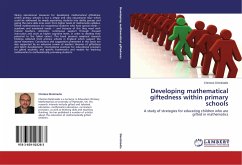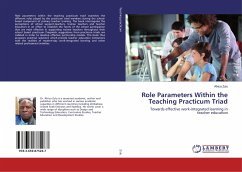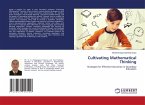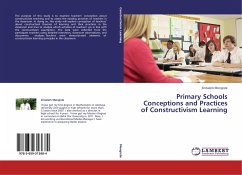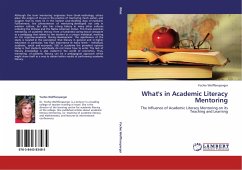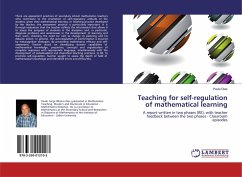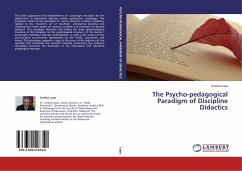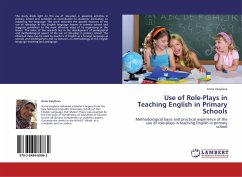Taking educational measures for developing mathematical giftedness within primary schools is not a simple and easy educational issue which could be addressed by simply separating students into ability groups and giving the more able ones work from higher levels of mathematics syllabus. Gifted mathematicians are exceptional students who have special needs academic and emotional needs and because of this they need well-trained teachers, attention, continuous support through focused instruction and work at higher cognitive levels, in order to develop their potential to the fullest extent. This book presents empirical research findings collected from primary schools in England which support the above statement. Conclusions and suggestions presented in this book are also supported by an extensive review of modern theories of giftedness and talent development, international practices for educational provision for gifted students, and specific frameworks and models for teaching mathematics to mathematically promising students.
Bitte wählen Sie Ihr Anliegen aus.
Rechnungen
Retourenschein anfordern
Bestellstatus
Storno

